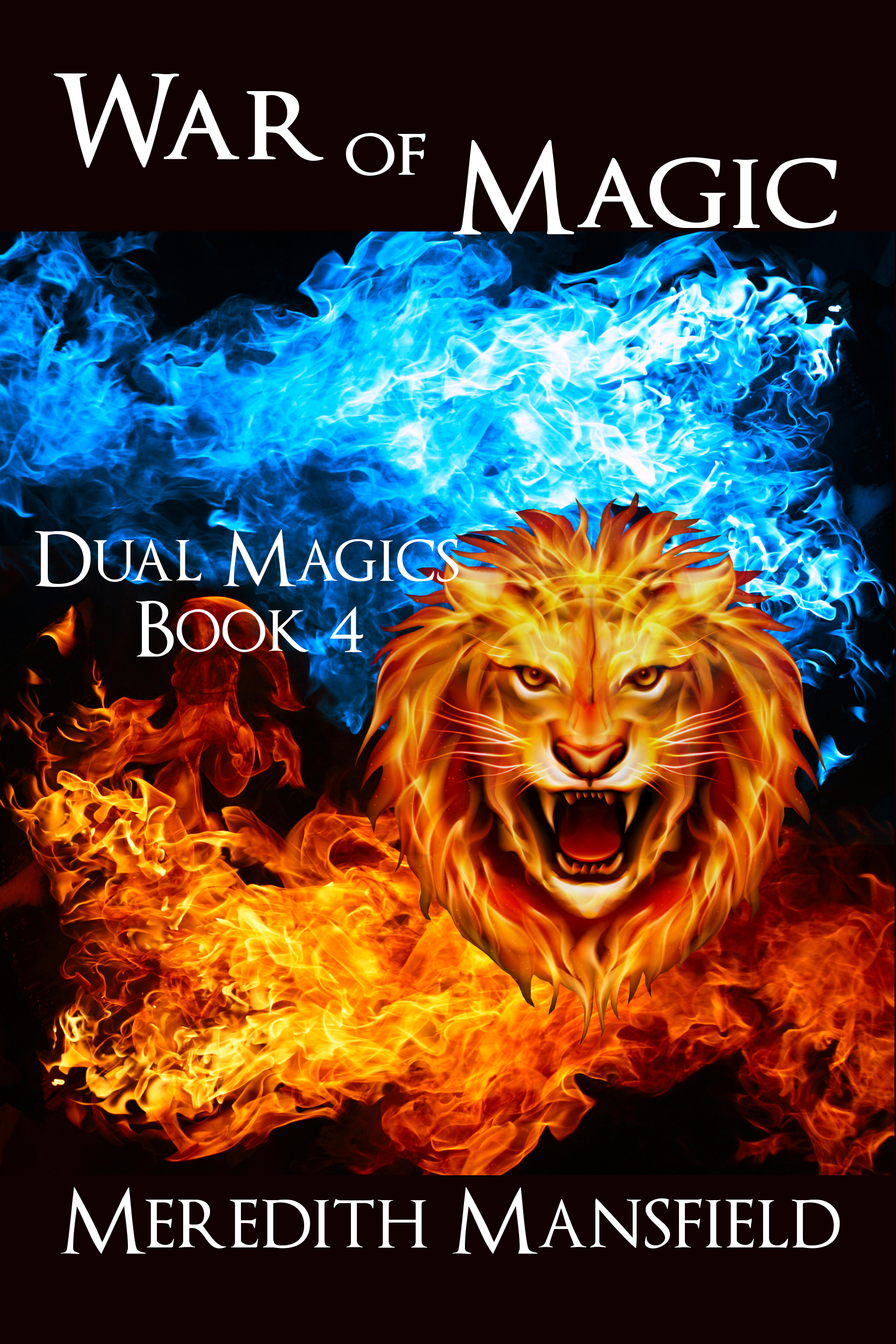There are stories that don’t fit the Tolkien mold. Not as many as there should be, but it’s hard to defy reader expectations.
For my money, the best of these is Lois McMaster Bujold’s SHARING KNIFE series, which consists of four full-length books, and one novella: BEGUILEMENT, LEGACY, PASSAGE, HORIZON, and “Knife Children”.
Like LORD OF THE RINGS, the SHARING KNIFE is not really a series in the classic sense, but more of one long story published in four parts, with the follow-on novella published later. It shares a lot of other similarities with LoTR, too. Intentionally, since the author was consciously writing an answer to LoTR.
The world of THE SHARING KNIFE doesn’t have a single Dark Lord. Instead, an ancient magical experiment went very wrong, seeding the world with an unknown number of dormant monsters called malices or blight bogles that emerge randomly. Each malice essentially eats the essence of the world around it, creating a blight reminiscent of the aftermath of a nuclear blast—everything in the area dies and nothing can live in that area for decades, centuries, or, in extreme cases, millennia. It’s dangerous even to step into such blight. And the longer a malice lives, the more powerful it becomes and the more of the world it blights to sustain itself.
And only one group of humans, called Lake Walkers, can kill malices. Only they, with their innate magic, can make the weapon necessary to kill a malice—a knife made from the thigh bone of a Lake Walker and primed by being plunged into the heart of a dying Lake Walker, so that the knife can capture the essence of that death to share with a malice and teach it to die. Two Lake Walker deaths for each malice death.
Lake Walkers patrol obsessively to find and kill malices before they can do too much damage, with no hope that the threat will be eradicated in their lifetimes. Only hoping that the long war will not be lost in their lifetimes. Their lives are defined by this task. Meanwhile the rest of humanity lives largely in blissful ignorance, most not even believing that blight bogles exist. But if ever a malice escapes such a death, it will destroy the world.
For further analysis of the similarities—and differences—between LotR and THE SHARING KNIFE, try these two articles:
Tussling with Tolkien: Lois McMaster Bujold’s The Sharing Knife: Horizon | Tor.com
I love LotR, but there are more than enough stories now following that pattern. And, frankly, one-dimensional dark lords and simple solutions are beginning to get a little old.
I want more stories like THE SHARING KNIFE, too. And others in which the answer isn’t simple—or immediate. (Simple is not the same as easy. Destroying the ring to destroy Sauron is a simple solution, but anything by easy to accomplish.) But that kind of story—even though it may have many exciting battles—doesn’t seem to satisfy readers of epic fantasy, who have been taught to expect the one battle to end all battles.
I don’t know, maybe we need a new sub-genre of epic fantasy for these kinds of story. But what would we call it?







